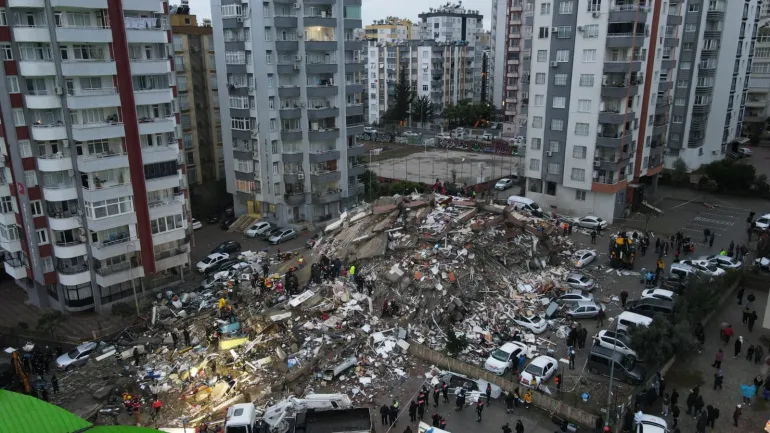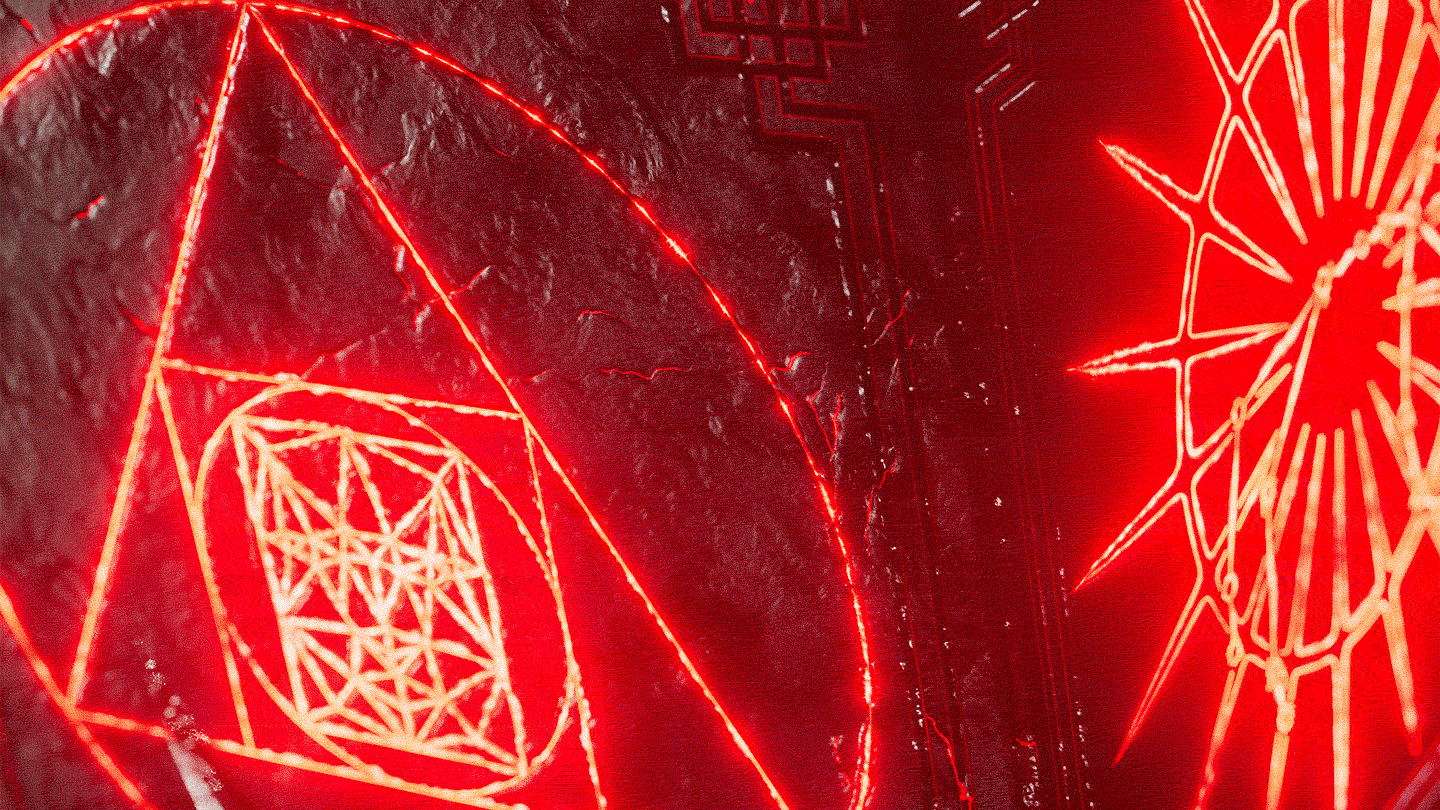| Hello from London,
Every now and then popular fury about corruption erupts in India. When I was a correspondent there, a decade ago, I often reported from great gatherings of enraged protesters who railed against the “seasons of scams” and the misdeeds of politicians and crony capitalists. Among the worst was something known as “round-tripping,” a ruse in which funds were siphoned out of India, sent via front companies (often based in Mauritius) and brought back onshore. Public money vanished, and private individuals linked to politicians got very rich.
At the time I also got to know a rising opposition figure, one Narendra Modi. In Gujarat, the state he ran, Mr Modi explained to me his ideas for cleaning up India. He didn’t lead the anti-corruption protests at the time, but deftly benefited from them.
So reading about the accusations of fraud against Gautam Adani’s companies offers a strange sense of déjà vu. It should be acknowledged that Mr Adani, from whose enterprises $120bn of value has been wiped, following allegations of fraud by an American research firm, denies any wrongdoing. The Adani Group has also issued a lengthy rebuttal of the allegations. But like those scandals a decade ago, the Adani story is morphing from a financial tale to a political one.
Mr Modi himself now risks entering the protesters’ crosshairs. He has long been close to Mr Adani. Whatever the truth of the allegations, that association could become toxic given the public storm. The two men worked in parallel in Gujarat: one as its chief minister, the other in a private business that forged ties to the state government as it won contracts to develop infrastructure and land. Mr Adani was one of a clutch of tycoons who backed Mr Modi as he broke into national politics. One telling detail: Mr Modi made heavy use of planes owned by Mr Adani during his successful campaign to be prime minister in 2014.
How big a storm is brewing? The next few days will show. Mr Modi remains dominant in India, but he knows how badly other politicians have been tainted by scandal. He can’t stay silent forever. The opposition has been blocked from debating the matter in parliament, so instead expect street demonstrations—something many urban Indians relish. Just possibly, the otherwise-split opposition and regional parties might be able to unite behind this case.
There is plenty more going on this week. Staying in South Asia, Pakistanis will be weighing the legacy of Pervez Musharraf, a former president who died at the weekend. He was once lauded, but was eventually accused of treason and went into exile. And after a mysterious Chinese balloon entered American airspace and was subsequently shot down, relations between the world’s two biggest powers appear to be growing more rancorous again.
Just as gripping, for many, is the emerging battle to dominate the world of search. Rumour has it that Microsoft is poised to announce a plan to build artificial intelligence, of the sort that powers the popular ChatGPT bot, into its Bing search engine. That would pose an obvious challenge to Google.
We’ll also be reporting on the battle facing Emmanuel Macron, France’s president. There will be a big strike on Tuesday among people who object to Mr Macron’s plans to raise France’s unusually low retirement age. If you’re wondering why France lags other democracies in doing this, then read our Explainer.
As always, we welcome all of your messages. In particular I’d like to know what you are expecting as Russia prepares to mark a year of its war of aggression on February 24th. Madeleine Ströje, a retired ambassador in Sweden, has an intriguing proposition for Crimea. She suggests that the territory should be controlled by neither Russia nor Ukraine, and instead become an example of peaceful co-operation, perhaps administered by peacekeepers from the OSCE. Madeleine’s idea to internationalise Crimea is bold, for sure. But how could outsiders persuade either country to go along with it? Meanwhile, James Trepanier asks about the treatment of pro-Russia Ukrainians living in territories liberated from Russian occupation. The answer so far, James, seems to be that such individuals mostly depart along with the invaders.
Please continue to write to me at economisttoday@economist.com, or follow me on Twitter. |





